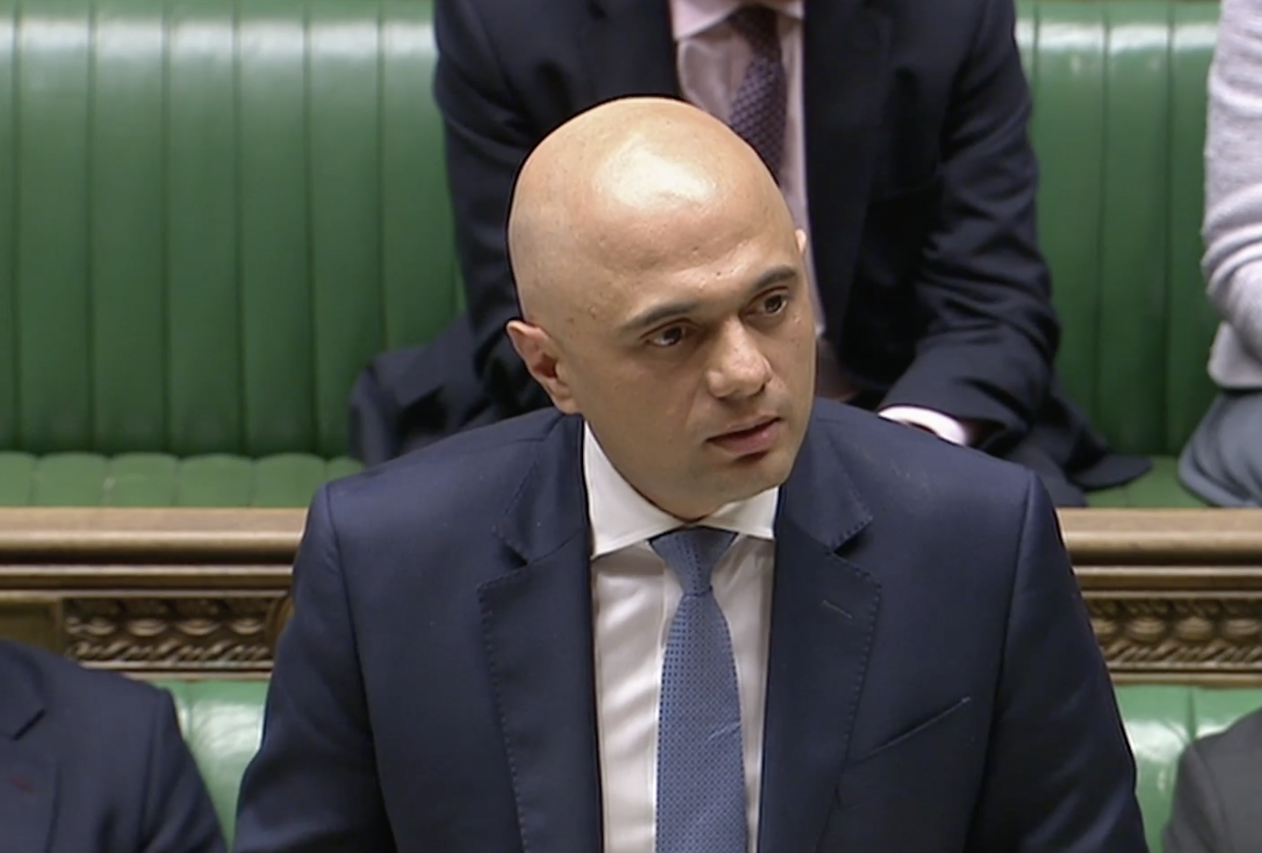There has been 16-fold rise in the use of ‘section 60’ stop and search powers by the Metropolitan Police in the last three years. The powers under the Criminal Justice and Public Order Act allow officers to stop anyone in a area without reasonable grounds for suspicion .
Yesterday the prime minister hosted a ‘knife crime summit’ and the Home Secretary Sajid Javid announced that he would further increase its use by reducing the level of authorisation required from senior officer to inspector and decreasing the degree of certainty required by that officer so they must reasonably believe an incident involving serious violence ‘may’, rather than ‘will’, happen.
According to figures released in response to a freedom of information request made by Channel Four News, the use of section 60 has increased exponentially whilst at the same time knife crime offences have also soared. in 2016 there were 442 stop and searches; 1,400 in 2017; and 7,326 last year. Over that period knife crime offences shot up from 11,132 in 2016 to 14,714 in 2018.
The section 60 powers were also disproportionately used against Black and Minority Ethnic people.
Ethic minority breakdown of section 60 stop and searches
| 2016 | 2018 | |
| Asian | 30 | 663 |
| Black | 170 | 3,319 |
| White | 160 | 1,158 |
The home secretary Sajid Javid called stop and search ‘a hugely effective power when it comes to disrupting crime, taking weapons off our streets and keeping us safe’. He said: ‘That’s why we are making it simpler for police in areas particularly affected by serious violence to use Section 60 and increasing the number of officers who can authorise the power.’
Earlier this month, the government announced £100 million additional funding to support those parts of the country most badly hit by knife crime increasing policing capacity and establishing multi-agency violence reduction units. The Metropolitan Police commissioner Cressida Dick called stop and earch ‘an extremely important power for the police’ and said it was ‘undoubtedly a part of our increasing results suppressing levels of violence and knife crime’.
Nick Glynn, the former College of Policing’s lead on stop and search, disagreed. ‘If you take off the reigns and reduce oversight and governance of the use of section 60, then the police will use it loads,’ he told Channel Four news. ‘They won’t use it on the right offenders, they won’t necessarily use it on the right offences and they will disproportionately use it against black and Asian people. We shouldn’t be surprised by that because we have been here before.’
The Home Office also proposed that teachers be held accountable for preventing knife crime. ‘It is hard to see how it would be either workable or reasonable to make teachers accountable for preventing knife crime. What sort of behaviour would they be expected to report and who would they report to?’ commented Geoff Barton, General Secretary of the Association of School and College Leaders. ‘How would they be held accountable, for what, and what would the consequences be? How would the government prevent the likelihood of over-reporting caused by the fear of these consequences? Aside from the practical considerations, we have to ask whether it is fair to put the onus on teachers for what is essentially a government failure to put enough police on the streets.’







